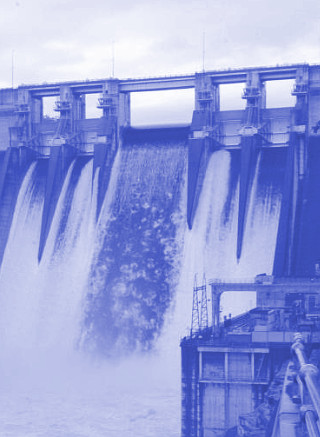Sydney Water reports change
 The latest assessment of Sydney's Drinking Water Catchment from 2019 to 2022 has unveiled concerns about climate change.
The latest assessment of Sydney's Drinking Water Catchment from 2019 to 2022 has unveiled concerns about climate change.
The Sydney Drinking Water Catchment Audit 2019-2022 (PDF) detected an ongoing decline in critical aspects such as water quality and availability, biodiversity and habitat, as well as land use and urban development.
Alarming trends have emerged, as climate-induced occurrences such as prolonged droughts, destructive bushfires, and subsequent heavy rainfall, compounded by cumulative effects, have cast a shadow over the overall health of the catchment.
Of particular note is the stagnation in pivotal catchment indicators, and the volume and quality of water stored in Warragamba Dam, the primary source supplying 80 per cent of Sydney's water.
One of the dam's key tributaries ceased to flow in 2019 for the first time in decades, underscoring the magnitude of the issue.
The audit, initiated in 1999, evaluates essential catchment conditions, not just WaterNSW's performance.
However, given WaterNSW's mandate to safeguard water quality and quantity within the Greater Sydney catchment, the agency bears a pivotal role in fortifying catchment protection.
A positive trajectory has been observed since 1999, with various governmental bodies, including WaterNSW, collaborating with industries and communities to mitigate catchment risks.
Notable measures include robust pollution controls, ecological restoration efforts, and evidence-backed policies.
Regarding climate change's impact, the audit underscores that Sydney's water security confronts mounting jeopardy due to severe droughts, floods, heatwaves, storms, and bushfires.
The audit's recommendations reflect the urgency of the situation, urging a reduction in greenhouse gas emissions in accordance with the NSW Government's net-zero targets.
This aligns with initiatives to limit disruptions in management and monitoring caused by intensifying extreme weather events.
The audit's comprehensive set of 24 recommendations, primarily directed towards government, intend to further curtail the risks endangering catchment health.
WaterNSW says it will meticulously assess these findings and recommendations, specifically those pertinent to its operations, and subsequently submit a report to the government.








 Print
Print